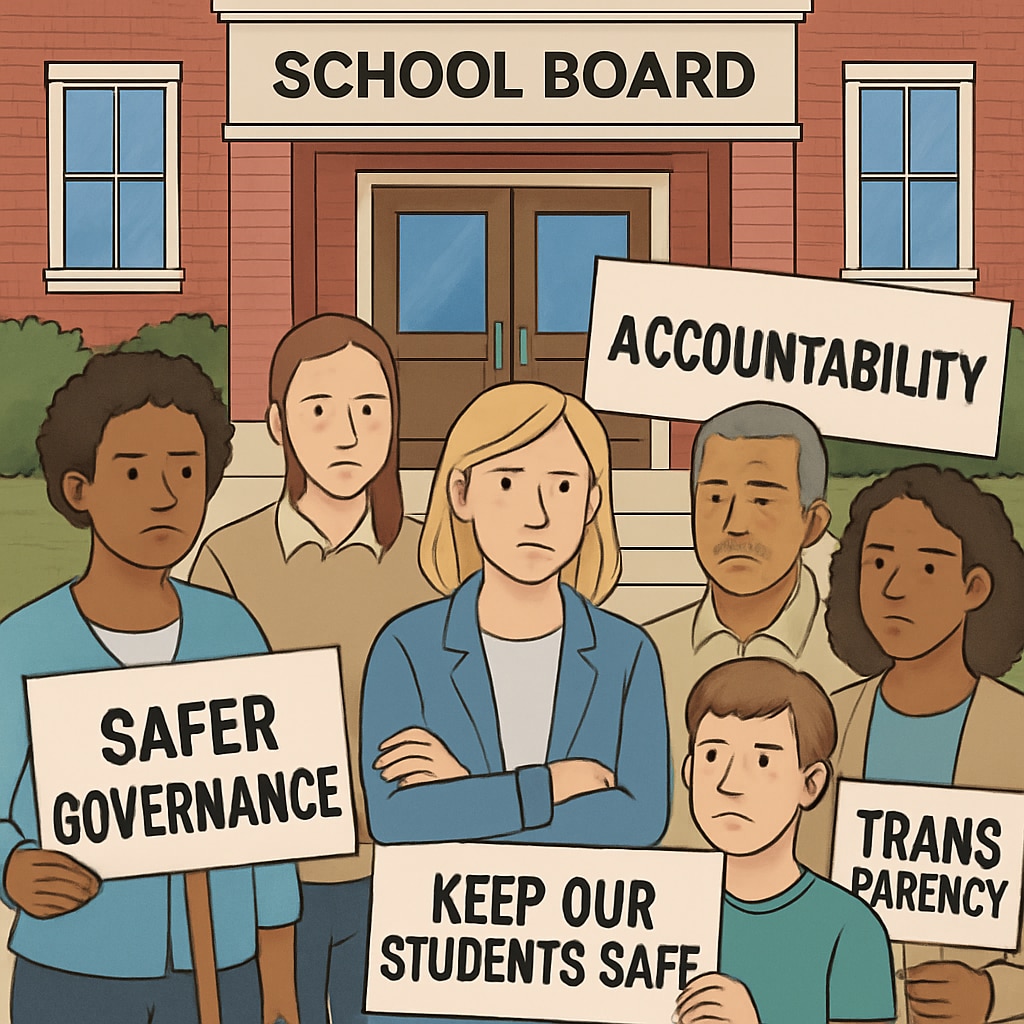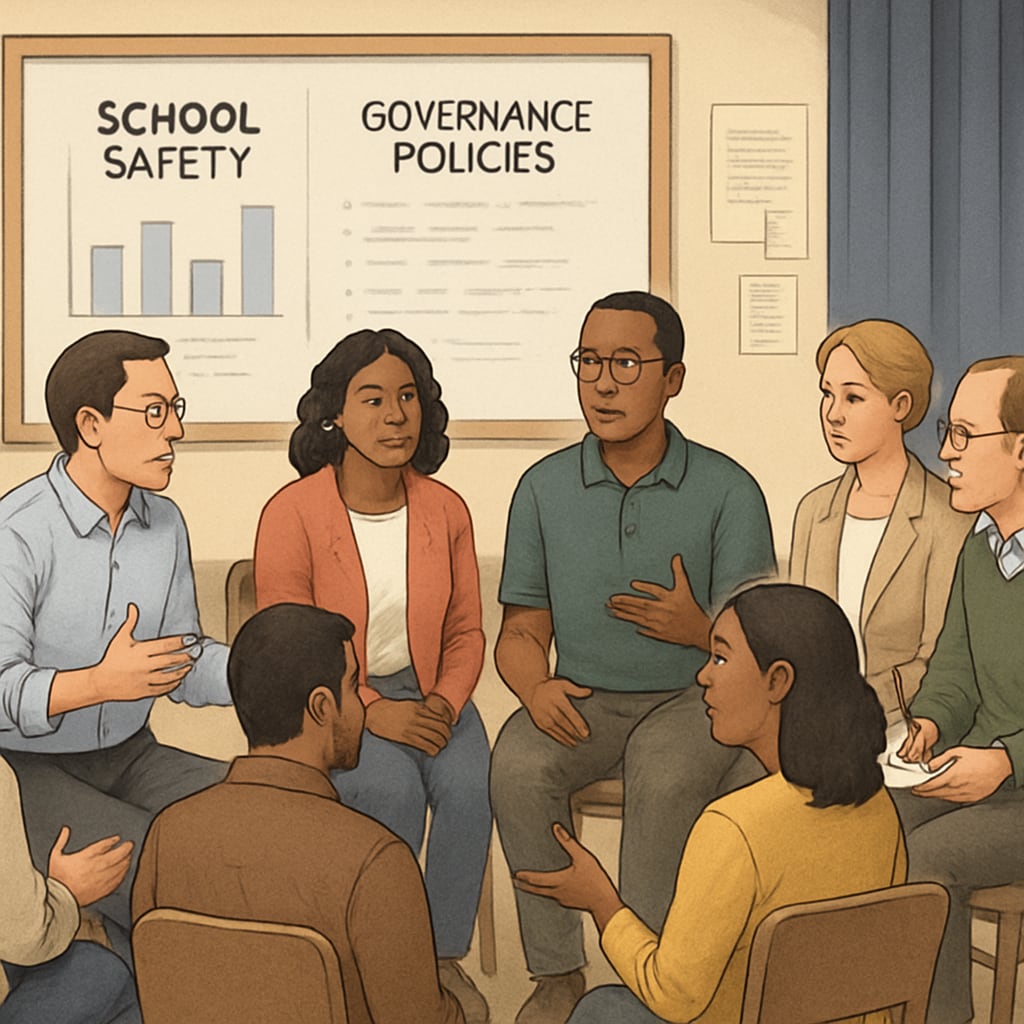The intersection of school governance and child abuse history is a critical issue that has ignited debates in communities worldwide. Recently, a local town found itself engulfed in controversy when a candidate with a documented history of child abuse sought a position on the school board. This alarming situation underscores the importance of rigorous background checks, proactive community action, and transparent processes to ensure the safety and well-being of students.

Why Background Checks Matter in School Governance
School board members hold significant authority over policies, budgets, and the overall educational environment. Entrusting individuals with a history of child abuse or other serious misconduct to such positions poses undeniable risks. Background checks must be non-negotiable, as they serve as a vital safeguard against allowing unsuitable individuals access to decision-making roles that directly impact students.
For example, organizations like Wikipedia outline the role of background checks in employment and governance, emphasizing their necessity in sensitive sectors like education. Ensuring these checks are thorough involves verifying criminal records, interviewing references, and assessing past professional conduct.
The Role of Community Advocacy in Safeguarding Schools
When the aforementioned town discovered the candidate’s troubling history, the community mobilized swiftly to oppose their appointment. Parents, educators, and concerned citizens organized protests, attended public meetings, and launched petitions to protect their schools from potential harm. This grassroots advocacy highlights the critical role of community action in holding school boards accountable.
Community advocacy is not only about reacting to crises but also about creating preventive measures. For instance, regular town hall meetings and transparent board member selection processes can foster trust and reduce the likelihood of similar incidents. Britannica provides an excellent overview of the power of collective action in influencing local governance.

Building Safer Systems for Education Governance
To prevent future incidents, communities and policymakers must collaborate to establish stricter criteria for school governance appointments. Recommendations include:
- Mandatory background checks for all candidates.
- Clear disclosure of any past misconduct during the application process.
- Community panels to review and approve candidates.
- Regular training for board members on child protection policies.
Such measures not only safeguard students but also ensure that education leaders are held to the highest ethical standards.
Conclusion: A Shared Responsibility
The issue of child abuse history in school governance is a stark reminder of the shared responsibility between communities and institutions to protect students. By advocating for stricter screening processes, demanding transparency, and engaging in active oversight, communities can ensure that schools remain safe havens for learning and growth.
As the town’s case illustrates, vigilance and collective action can make a significant impact. Let this serve as a call to action for communities everywhere to remain proactive in safeguarding the future of their children.


